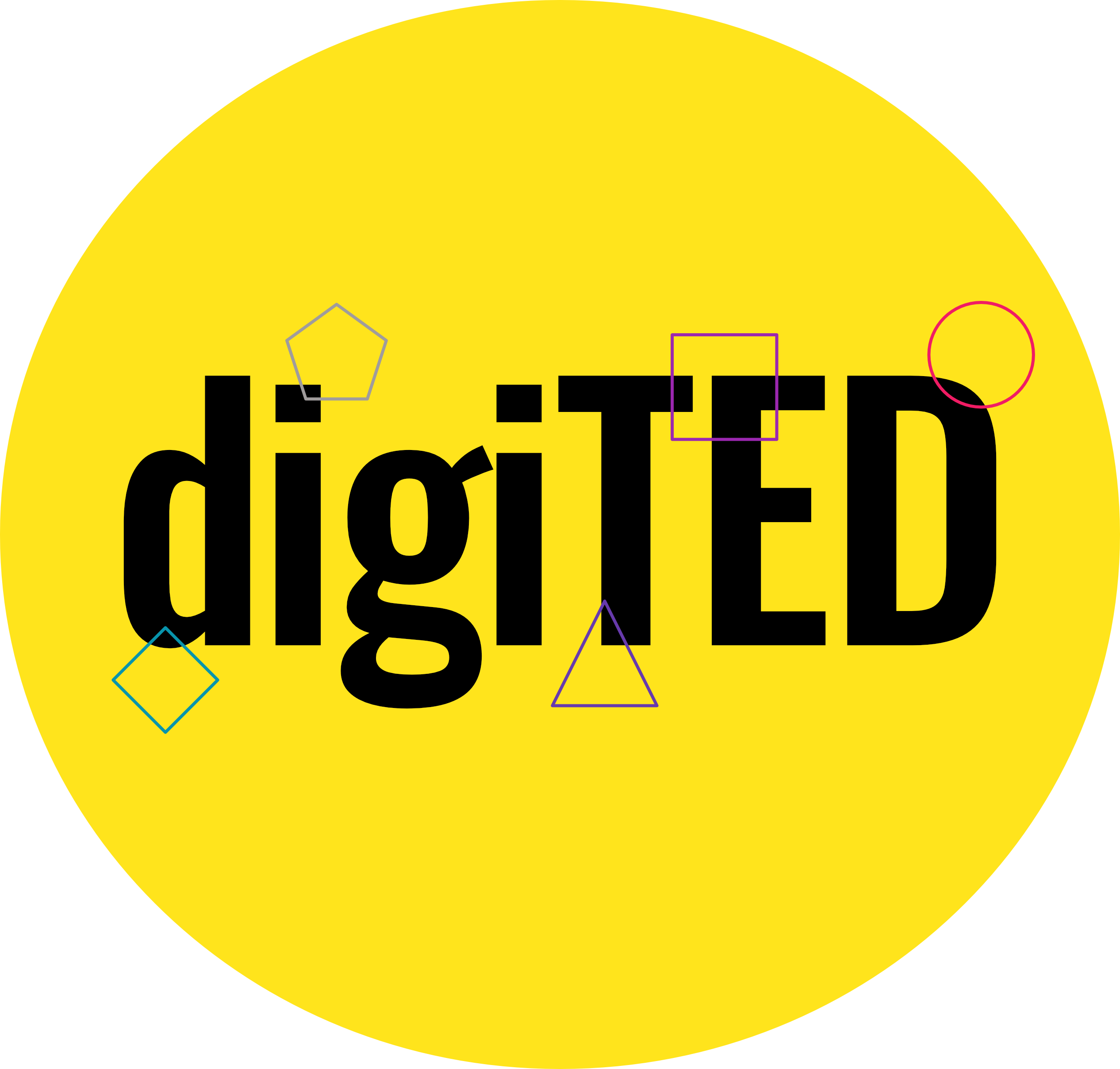Multimodal Case Studies
Led by Tallinn University, a series of five transnational online publications will be created. Each publication, presented in a hybrid format like e-books or videos, will showcase multimedia materials and feature collaborative authorship from at least two project partners. This innovative approach not only fosters the personal development of partners but also strengthens the project’s collaborative spirit. The case studies, a significant component of the third year, will present the project’s key findings, offering valuable insights and knowledge.

